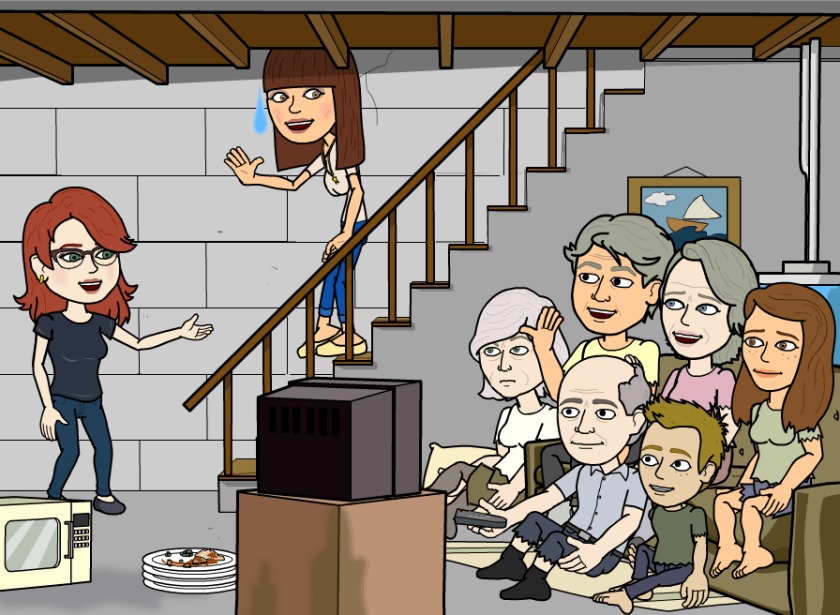Ok, this post came to me out of the blue last year when I realised my distant family have no idea what Autism is, and I wondered how to talk to them about Autism.
The first thing you need to do is. Know as much as you can about autism first before you go explaining it to anyone else. In my experience, unless I am an expert in the subject I can not expect my elderly family to know anything about it because they will not understand what I am saying.
NT to NT if you are trying to explain it as a neurotypical to another neurotypical, it is best to get an autistic person’s’ Point of View. Learning first hand what autism is like from them is going to give you a much more personal view of autism. It is ok to read about people’s stories on the net. But the internet is not the be all and end all of the knowledge. Personal accounts are so much more reliable as they really happen.
Next you need understand it is a rainbow not just a single colour like some groups would have you believe. Recognise it is an individual disorder and although there may be cases where people share traits, but they do not share the same physiological makeup. The challenge for you looks at your fingerprints. Are they all the same, No? that’s because you are a unique individual. So remember that when you are explaining autism. Each person has their own set of needs.
Most importantly be patient. It takes the time to get your head around autism. Must you know that by now surely? Answer any questions they have to the best of your ability. That’s why I said at the start learn as much as you can about autism.
Refer them to people who can teach them more. I would err on the side of caution with websites. If you are referring them to websites check the information on them before giving them to the person to whom you are giving the information.
I asked my friend Rein Cobert for her advice on how to help people understand Autism these are her words “let’s see one big thing to me is when people see children acting differently than what they might be used to seeing they should not automatically assume that it is due to misbehavior or bad parenting. i see that a lot of people are quick to pass that type of judgement when families that live with Autism are out and about. we went to see great granny at assisted living and there was a lady there who misunderstood my daughter’s non-face to face interaction, non-eye contact, and no talking as my daughter just not wanting to talk to her. and then another time we were at a cake shoppe looking for a cake for a birthday and cakes really excite my daughter and as she could not speak her excitement she made happy sounds to express her happiness and an a lot older/elderly woman gave her lets just say a not so nice look, like “what in the world, u are just so fun weird and misbehaved” but little did she know how much some people struggle to even speak one word or at all and that the closest thing that child might readily find available to convey or express her happiness at that moment might be through sounds. she is not hurting anyone when she does that, but people are quick to give mean or weird looks and pass judgement. and it’s not just elderly, it’s a lot of people who do that probably mostly out of ignorance but we have so much on our plates on a daily basis that I don’t always have time to stay there and explain everything to every single person and sometimes I’m just so mentally and physically worn out too.”

